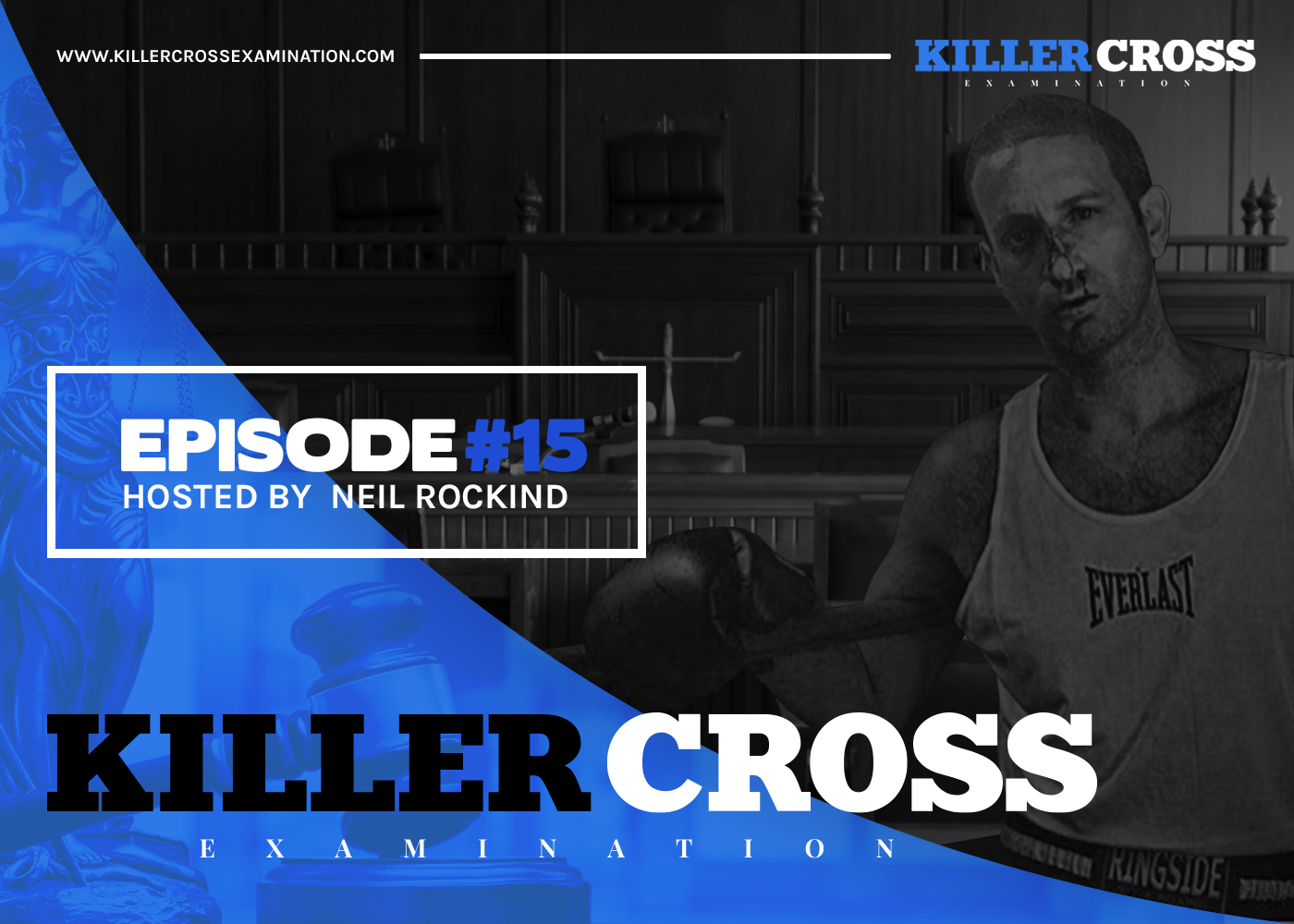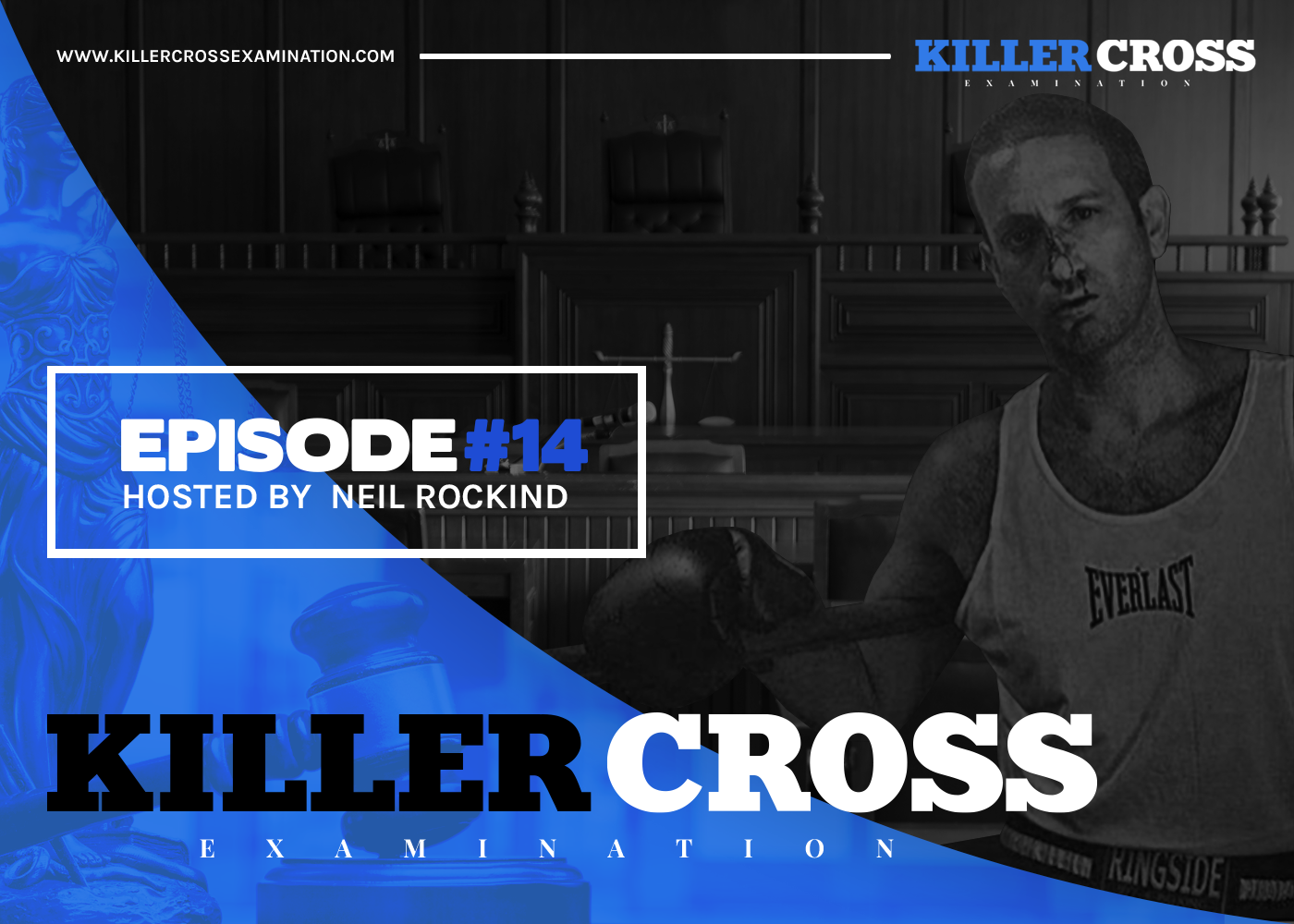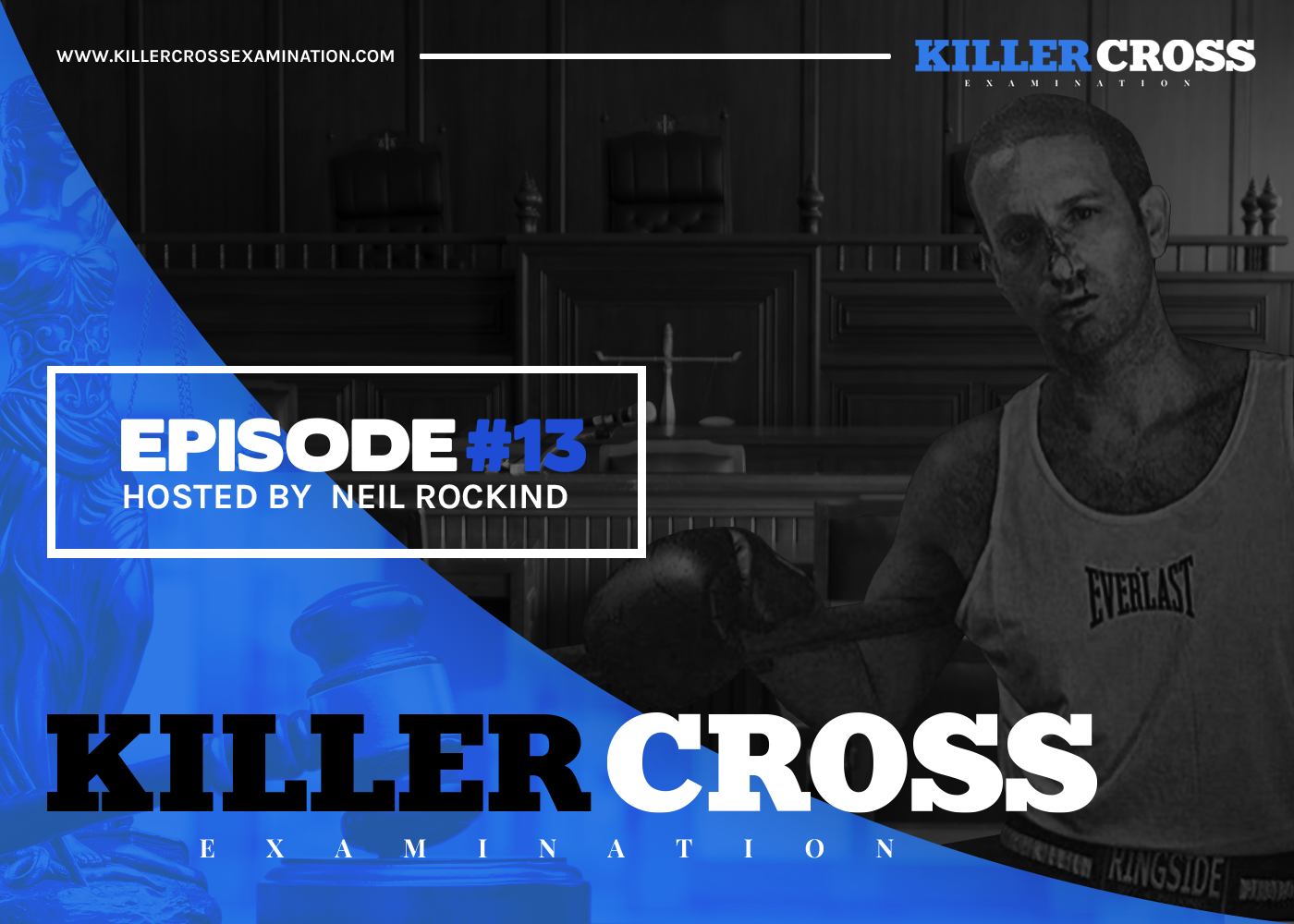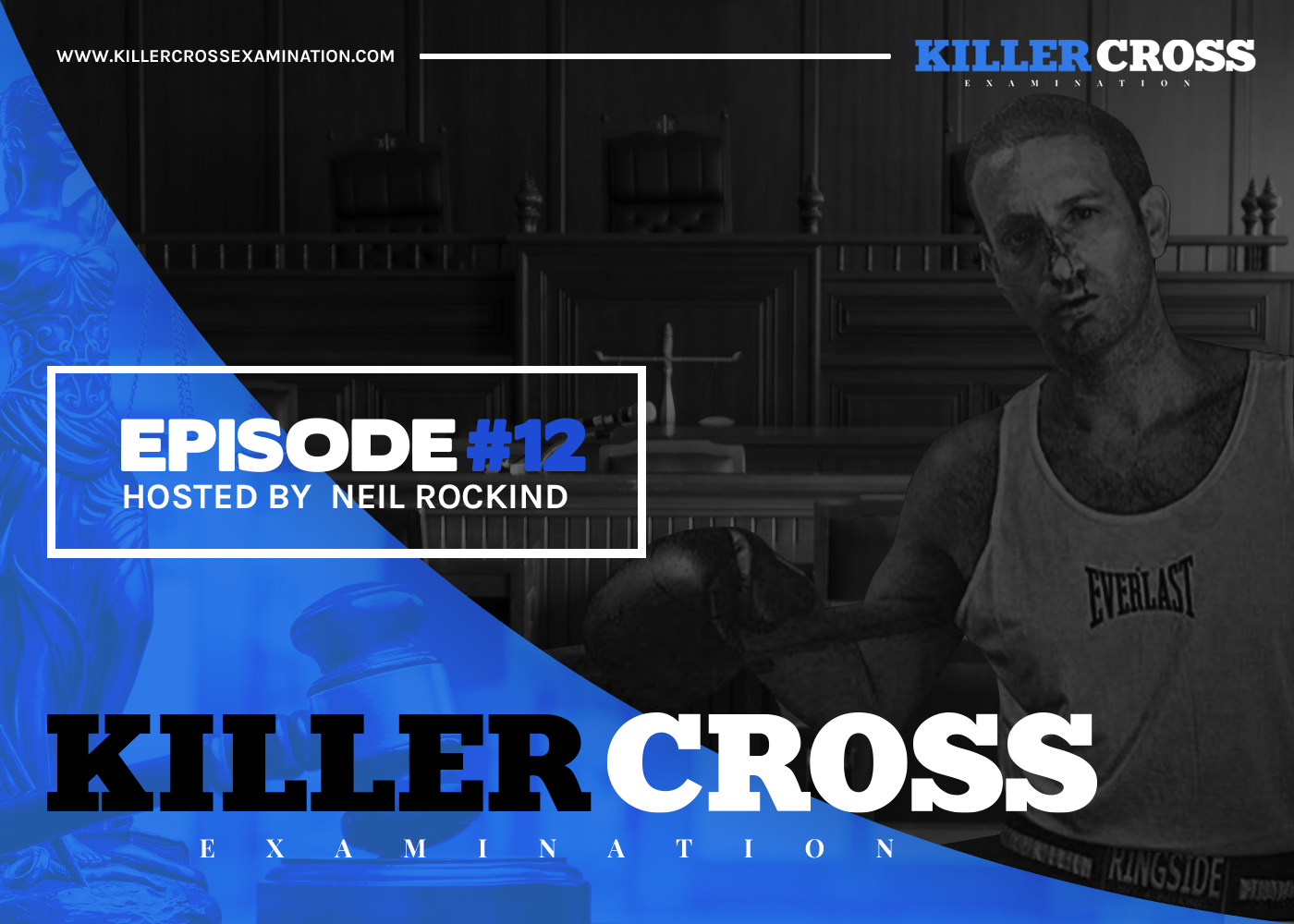We can learn a lot by watching someone do it right. We can also learn much, maybe even more, by watching someone do it wrong or poorly. And this episode I break down and tear apart a cross examination done by another lawyer of a very important state expert witness. I hold nothing back. I. Hold. Nothing. Back.
From asking open-ended questions, to having no plan, to not having ammunition to challenge the witness to asking questions of the witness that could do nothing but help the witness appear stronger, I point out various parts of the cross examination so that listeners and others can learn … what not to do. If you can’t help your client or the case with asking questions, then don’t. Just sit down. But in this cross examination, the one that we tear apart, the lawyer did the opposite. He brought a butter knife to a battlefield when the other side was armed with nukes and then tried to puke at the expert. Not only did not help his client, it emboldened expert, made him appear more credible and gave the prosecution the appearance of having solid ground to stand on.
There is something called the sponsorship theory of trial advocacy . If you put evidence out there or question a witness, the judge and/or jury will assume that the information you have or the information you are advancing is as good as it gets. They will assume that you’re doing all you can and if you can do is hurt your position and aid the other side, the Court or jury will draw that conclusion. This is to be avoided at all costs and in this episode, I break down a cross examination that did just that in my opinion, undermined the defense and helped the expert and state make their case even stronger.
If you want to learn what not to do, in my opinion, tune in.
Please be aware we are relying on impressions, recollections, memories and interpretations.













